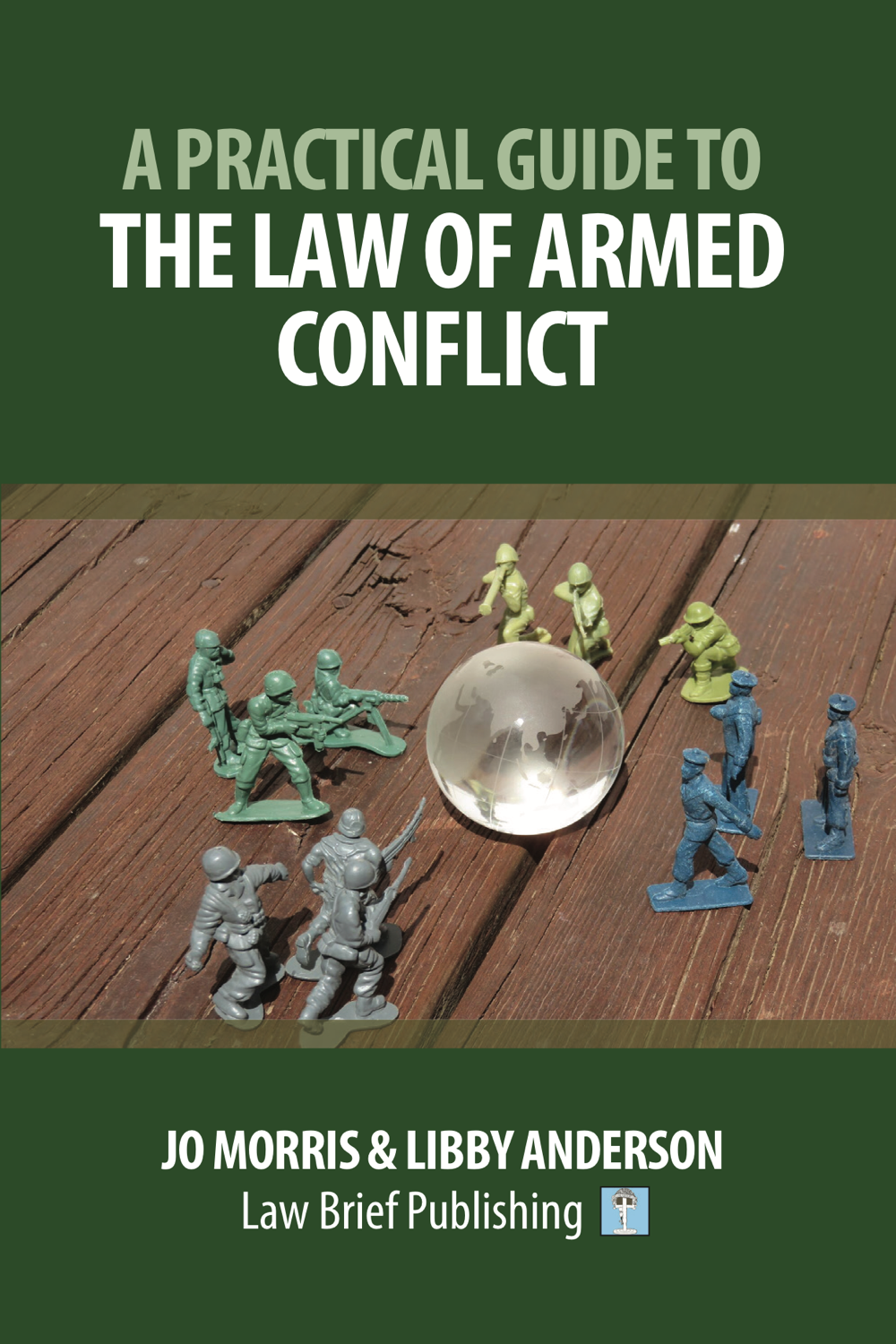

Peace structures, such as peace committees, community peace groups, etc., play a critical role in conflict resolution, mediating interpersonal and inter-group conflicts over, inter alia, natural resources, gender relations and social norms. The interventions address the following dimensions: life skills of individuals (for example stress management, non-violent communication, conflict and problem-solving) capacities of individuals and groups to promote social cohesion spaces for interaction and alternative value-systems. Changing the narrative of how religion is seen in relation to violence and extremism is a crucial element. NCA and partners work to counter prejudice, dehumanisation and other negative attitudes and behaviours by combined action on three spheres: promoting alternative, positive narratives anchored in belief systems, cultural values, and social norms generating spaces for direct positive interaction and taking action for appropriate regulatory frameworks. NCA’s efforts to reinforce social cohesion and to provide communities with tools to address conflicts in a non-violent manner contribute to reducing the impact of those divisions and the risk of armed conflict. NCA works in peacebuilding in some countries that are not facing open conflict, but where internal divisions are a source of violence and represent a high risk of escalation to a conflict.

Peacebuilding in Long-term Development Work It also provides a set of complementary analytical tools to better understand and respond to conflict dynamics. Peacebuilding facilitates comprehensive humanitarian responses and nexus programming by, for example, strengthening social interaction and trust among groups and enhancing non-violent local conflict management.


 0 kommentar(er)
0 kommentar(er)
